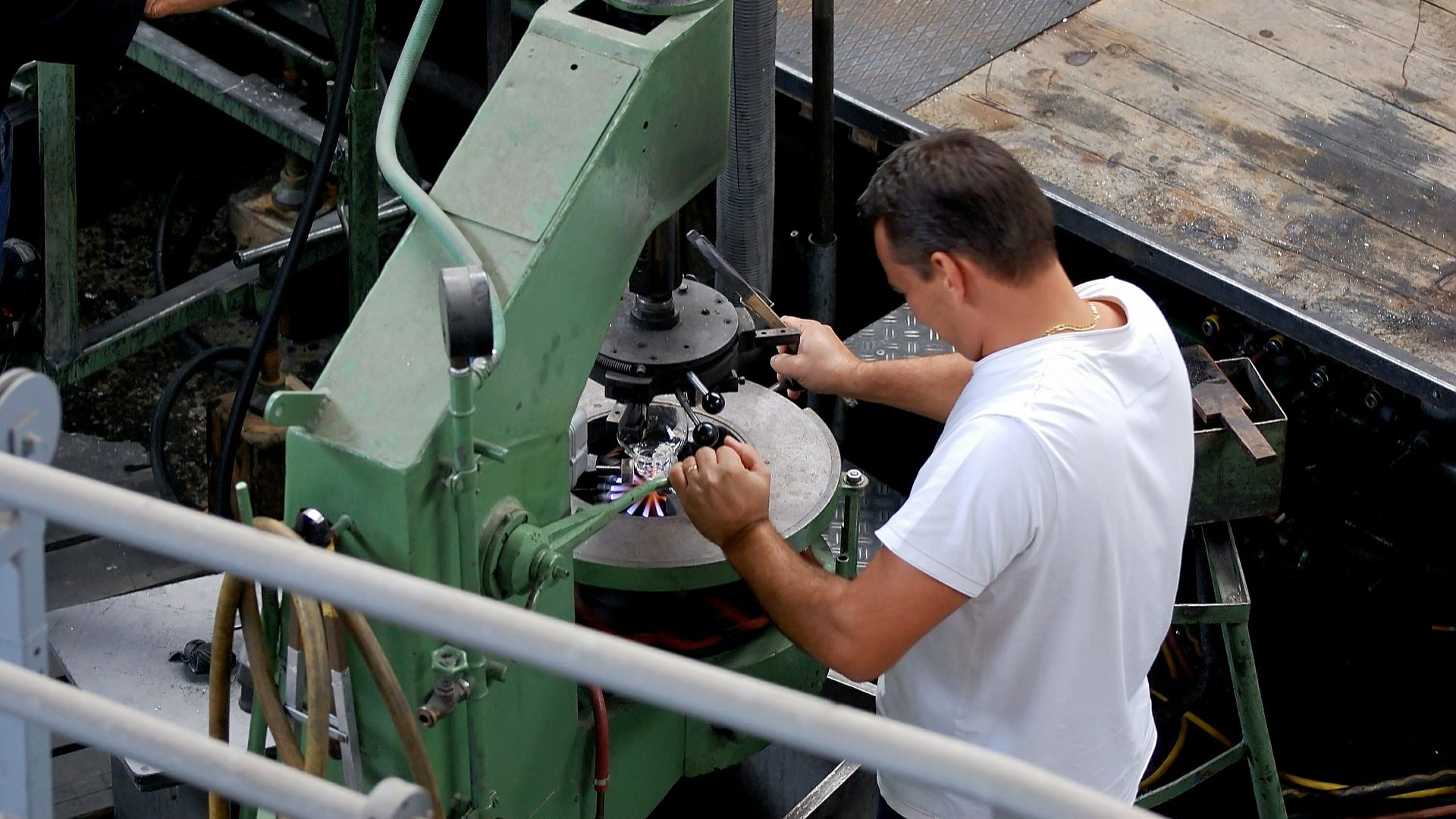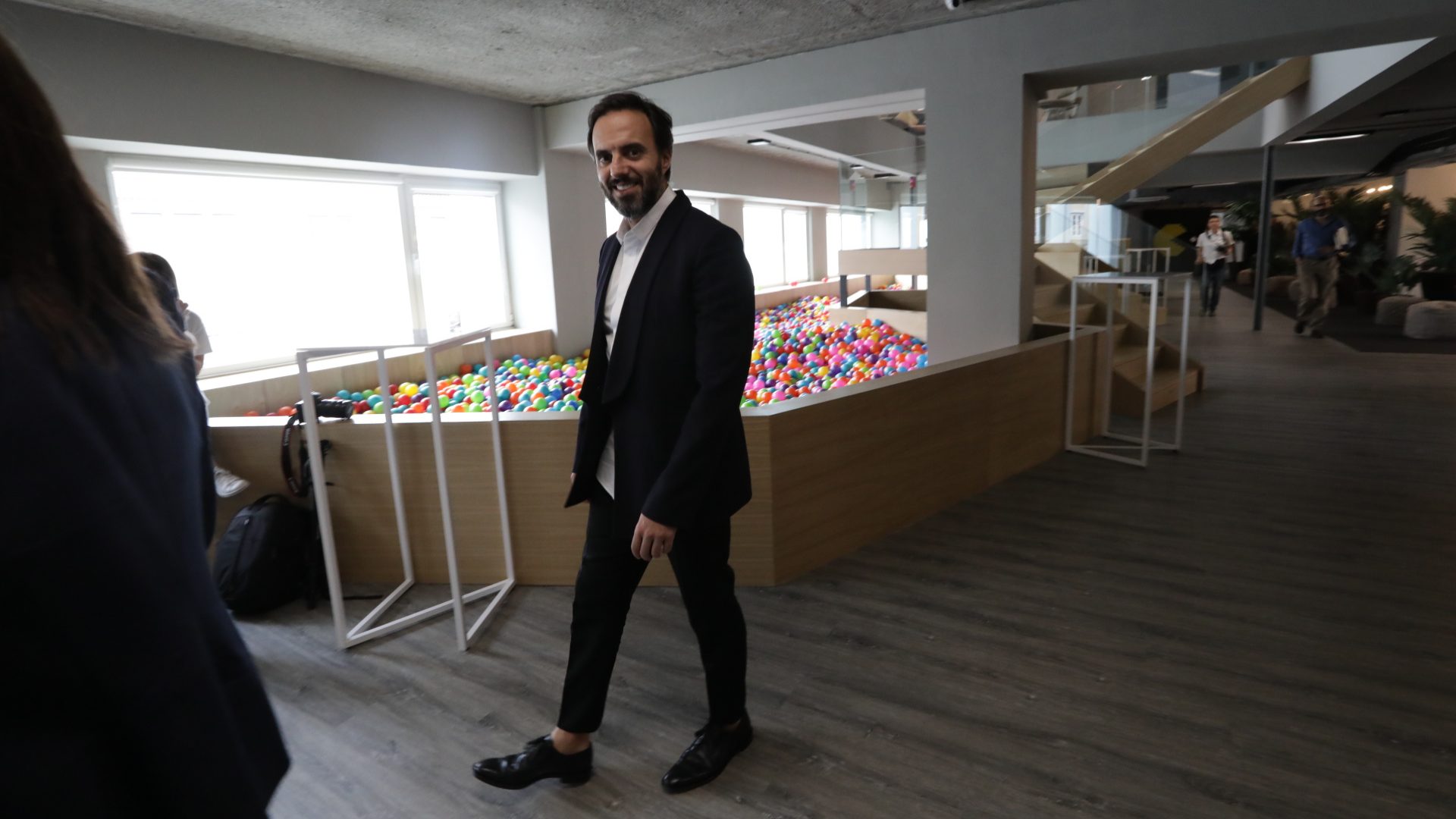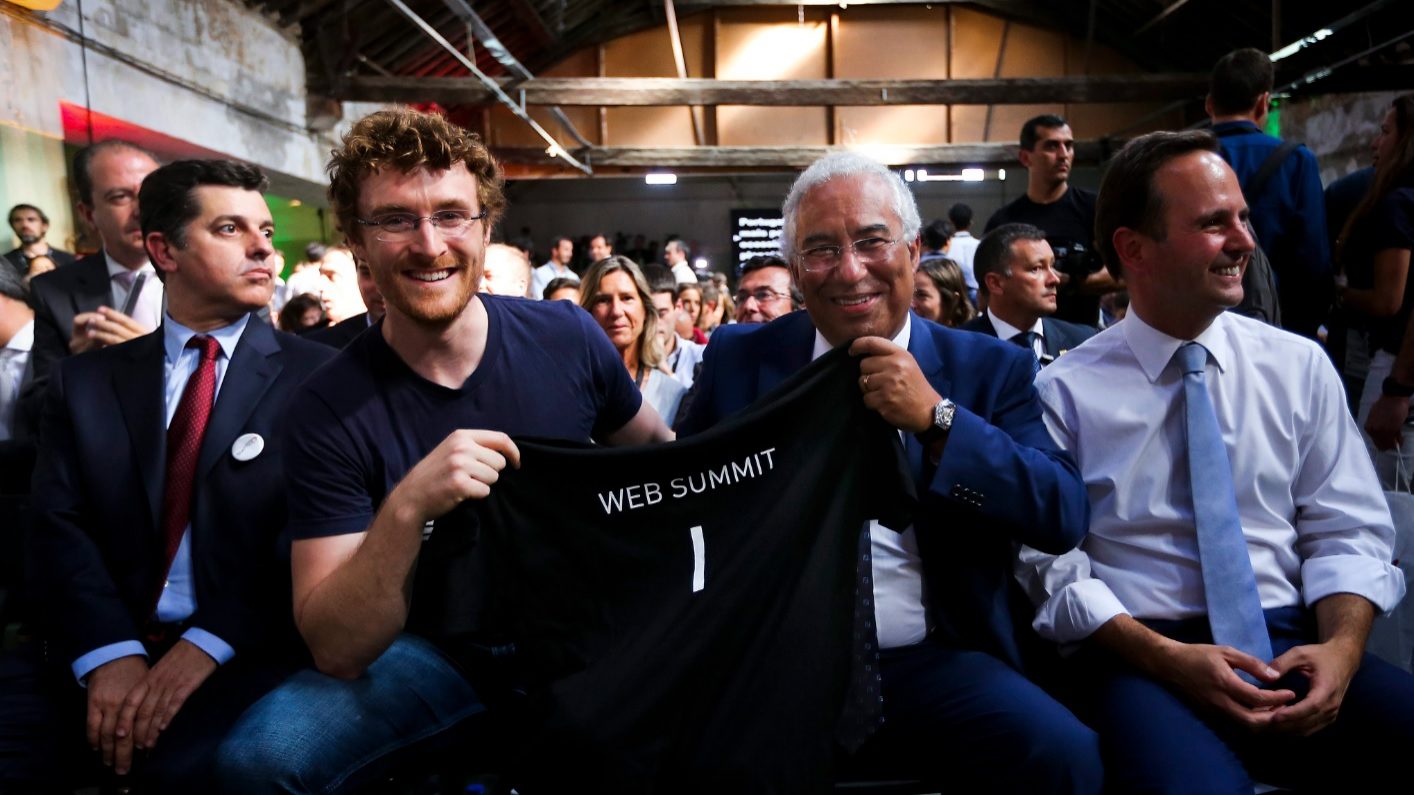Car manufacturers and suppliers struggle to respond to a new consumption paradigm
Consumption is changing, and both suppliers and manufacturers are finding it hard to respond to the increase in the demand of gasoline-fueled cars. Volkswagens' Autoeuropa factory is slowing down.
The rapid growth in demand for gasoline-fueled cars is causing the automobile manufacturers and suppliers to get clocked up, as they have no means to respond to the increase.
The shift in demand from consumers should not be dissociated from the German dieselgate scandal, as it did indeed have a big effect on the mindset of consumers. Remember, that in 2015, the Environmental Protection Agency (EPA) “found that many VW cars being sold in America had a defeat device – or software – in diesel engines that could detect when they were being tested, changing the performance accordingly to improve results.”
The stalling of Autoeuropa’s production during Easter was a prime example of these developments.
Alongside this, the worsening of the taxation applied to diesel cars has also de-motivated consumers to a great extent, making them look for other options. The sudden shift, according to a representative of the Portuguese Car Manufacturers Association (AFIA), “will cause huge stress on the suppliers and manufacturers as the productive capacity for gasoline-fueled cars has been largely reduced, and does not match with the demand that has been shown by consumers lately”.
The diesel-cars’ productive capacity might become obsolete in light of these recent developments, the official representative from AFIA told ECO.
The shift in demand hasn’t exclusively affected VW. Other factories have also felt pressured to reply to the demand for gasoline-fueled cars.
The car parts suppliers have also failed to readapt swiftly to the new preference dynamic. Besides VW, other car manufacturers such as Renault have also stepped forward and admitted the issue is causing them damage. ECO contacted Renault, which confirmed that car parts suppliers are struggling to be efficient in response to the new rationale.
The demand shift for gasoline-fueled cars was too fast, and most of the manufacturers in Europe found it difficult to keep up with this change. The industry needs a larger time scope to accomodate to the changes and positively answer to the new paradigm. Car producers, and suppliers of car parts, feel a significant difficulty in terms of satisfying the consumers needs at the moment.
Views from EU Regulators show a major shift in the car industry for 2025
Around 11 European cities have announced that they will forbid the diesel-fueled vehicles from circulating, until 2025. The European Commissioner Elzbieta Bienkowska, responsible for the EU car industry, informed the EU will take a step forward into a “clean, highly-performing” automotive market.
I also strongly support the objective of moving towards zero emission vehicles. Electric vehicles are a key enabling technology that can contribute to the EU’s decarbonisation and air quality objectives. This will make things better for the health of our citizens and for the environment.
Moving towards zero-emission vehicles will be a target for EU regulators in the next few years, and should be as well be supported by the Member States, the Commissioner declared earlier this year in Strasbourg.
She also guaranteed, in an interview to Bloomberg in May, that “diesel cars are finished” and will “in several years completely disappear” boldly stating “this is a technology of the past”.




